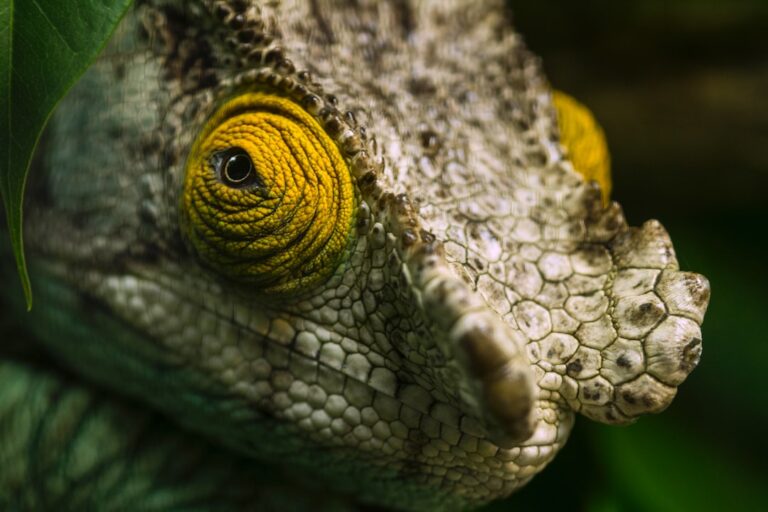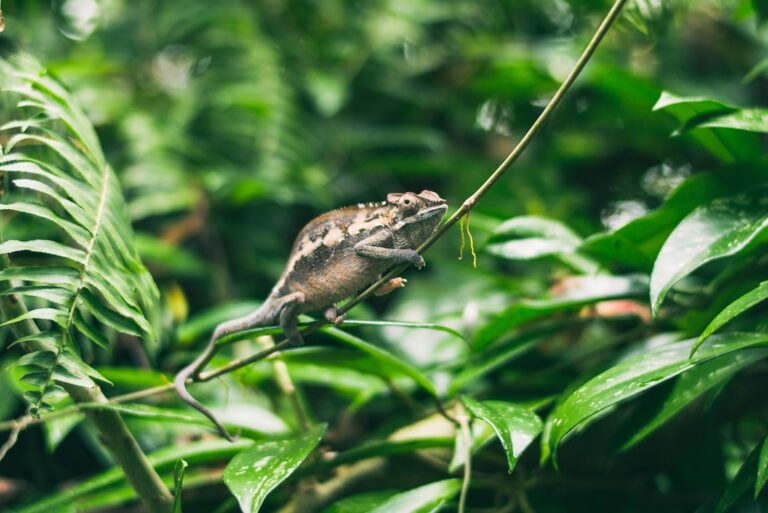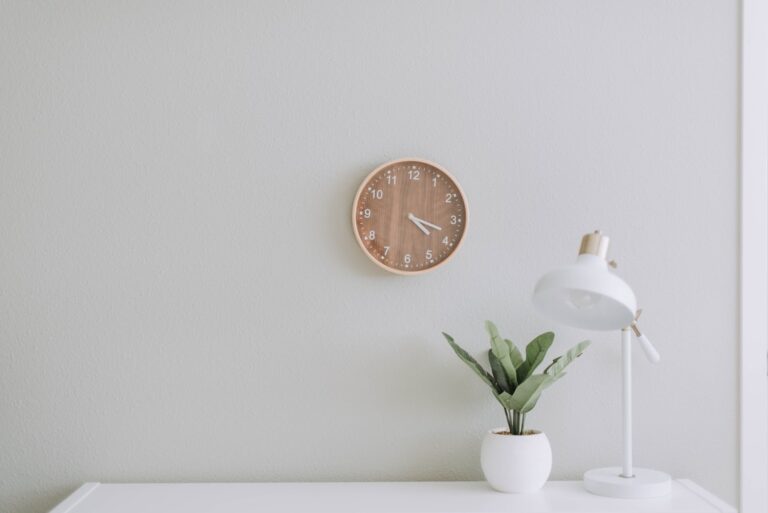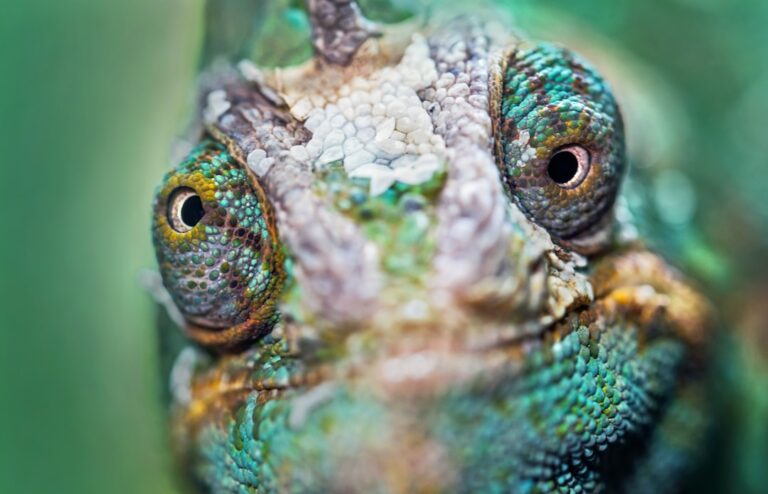Can Chameleons Eat Oranges?
Chameleons are fascinating creatures known for their ability to change color and blend into their surroundings. They are reptiles that belong to the family Chamaeleonidae and are native to Africa, Madagascar, and parts of Asia and Europe. Chameleons have unique dietary needs that must be met in order for them to thrive in captivity.
Table of Contents
Nutritional Requirements of Chameleons
Chameleons require a diet that is high in protein, calcium, and vitamins. In the wild, they primarily feed on insects such as crickets, grasshoppers, and flies. These insects provide the necessary protein for growth and energy. Calcium is also crucial for chameleons as it helps maintain strong bones and prevent metabolic bone disease.
In addition to protein and calcium, chameleons also need a variety of vitamins in their diet. Vitamin A is important for maintaining healthy skin and eyes, while vitamin D3 helps with calcium absorption. Chameleons also require a source of hydration, which they typically obtain from the moisture found in their prey.
Can Chameleons Eat Fruits?
While chameleons primarily eat insects, some fruits can be incorporated into their diet as a supplement. Fruits can provide additional vitamins and hydration for chameleons. However, it is important to note that fruits should not make up the majority of a chameleon’s diet as they do not provide the necessary protein and calcium.
Benefits of Feeding Fruits to Chameleons
Feeding fruits to chameleons can have several potential benefits. Fruits are a good source of hydration, especially for chameleons that may not drink water from a dish. Fruits also contain vitamins and antioxidants that can support overall health and immune function.
Incorporating fruits into a chameleon’s diet can also provide variety and enrichment. Chameleons in the wild have access to a wide range of food sources, so offering different fruits can mimic their natural feeding behavior and prevent boredom.
Are Oranges Safe for Chameleons?
Oranges are a popular fruit that many people enjoy, but are they safe for chameleons to eat? While oranges are not toxic to chameleons, they should be fed in moderation. Oranges are high in sugar and acidity, which can be harmful to chameleons if consumed in large quantities.
Nutritional Value of Oranges for Chameleons
Oranges are rich in vitamin C, which is an important antioxidant that can support immune function. They also contain small amounts of vitamins A and B6, as well as minerals such as potassium and calcium. While these nutrients can be beneficial for chameleons, it is important to remember that oranges should only be offered as an occasional treat.
How to Feed Oranges to Chameleons?
If you decide to feed oranges to your chameleon, it is important to prepare them properly. First, make sure the orange is ripe and free from any pesticides or chemicals. Wash the orange thoroughly before serving it to your chameleon.
To feed the orange to your chameleon, you can either slice it into small pieces or squeeze the juice onto their food. Some chameleons may prefer the juice over the actual fruit, so you can experiment with different methods to see what your chameleon prefers.
Precautions While Feeding Oranges to Chameleons
While oranges can be a safe treat for chameleons, there are some precautions that should be taken. As mentioned earlier, oranges are high in sugar and acidity, so they should only be offered in small amounts and on an occasional basis.
It is also important to monitor your chameleon’s behavior and health after feeding them oranges. If you notice any signs of digestive upset, such as diarrhea or vomiting, it is best to discontinue feeding oranges and consult a veterinarian.
Alternatives to Oranges for Chameleons
If you are looking for alternative fruits to feed your chameleon, there are several options that can provide similar benefits. Some safe fruits for chameleons include papaya, mango, and melons. These fruits are lower in sugar and acidity compared to oranges, making them a healthier option.
It is important to remember that fruits should only make up a small portion of a chameleon’s diet. Insects should still be the primary source of nutrition for chameleons, as they provide the necessary protein and calcium.
Can Chameleons Eat Oranges?
In conclusion, chameleons can safely eat oranges as part of their diet, but they should be fed in moderation. Oranges can provide additional hydration and vitamins for chameleons, but they should not replace the necessary protein and calcium found in insects.
If you choose to feed oranges to your chameleon, make sure to prepare them properly and monitor your chameleon’s health afterwards. It is also important to offer a variety of other fruits and insects to ensure a balanced diet.
Overall, while oranges can be a tasty treat for chameleons, it is important to prioritize their specific nutritional needs to ensure their overall health and well-being.
If you’re curious about what other foods chameleons can eat, you might be interested in this article on reptilefriend.com. It explores whether chameleons can safely consume superworms and provides valuable insights into their dietary needs.







